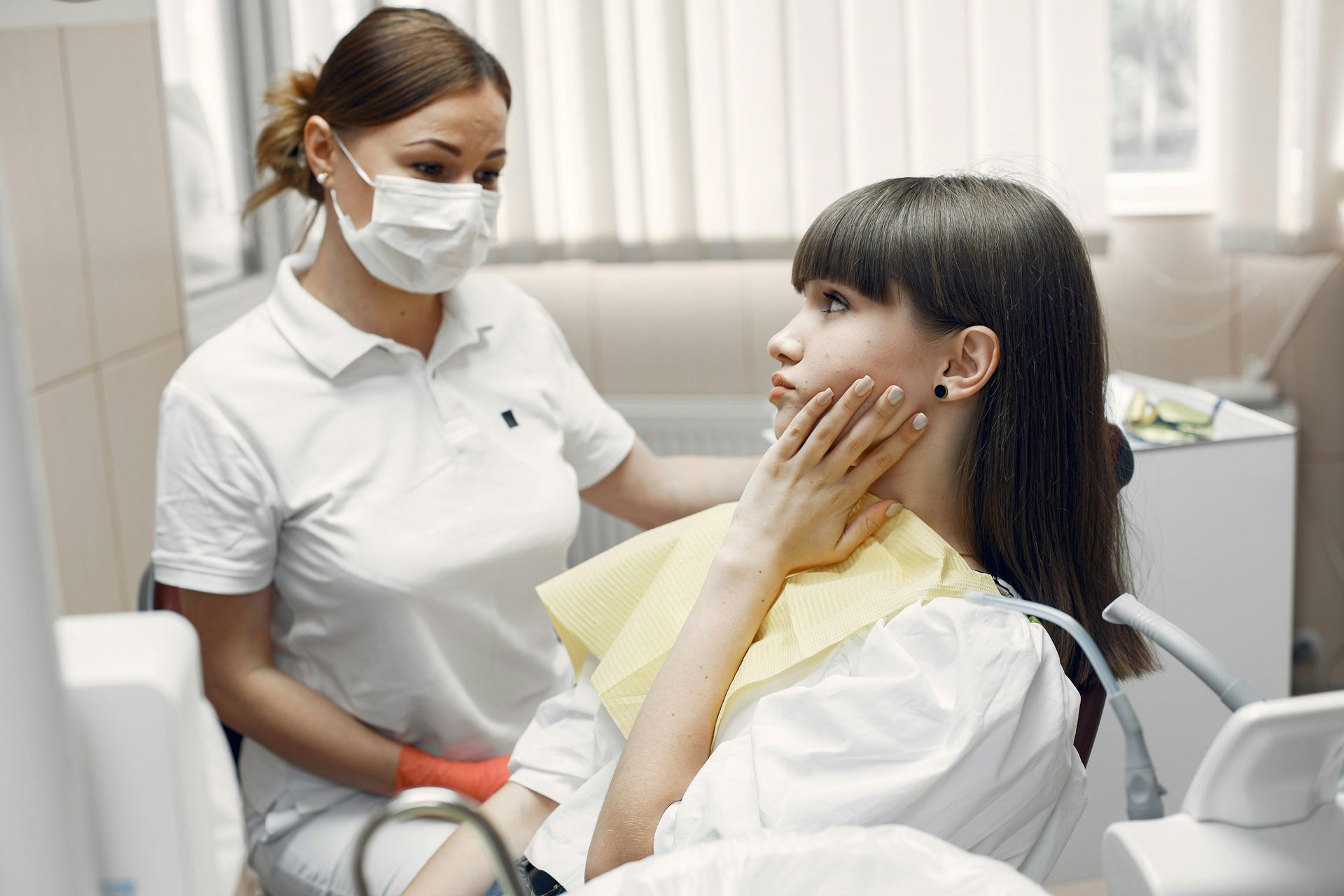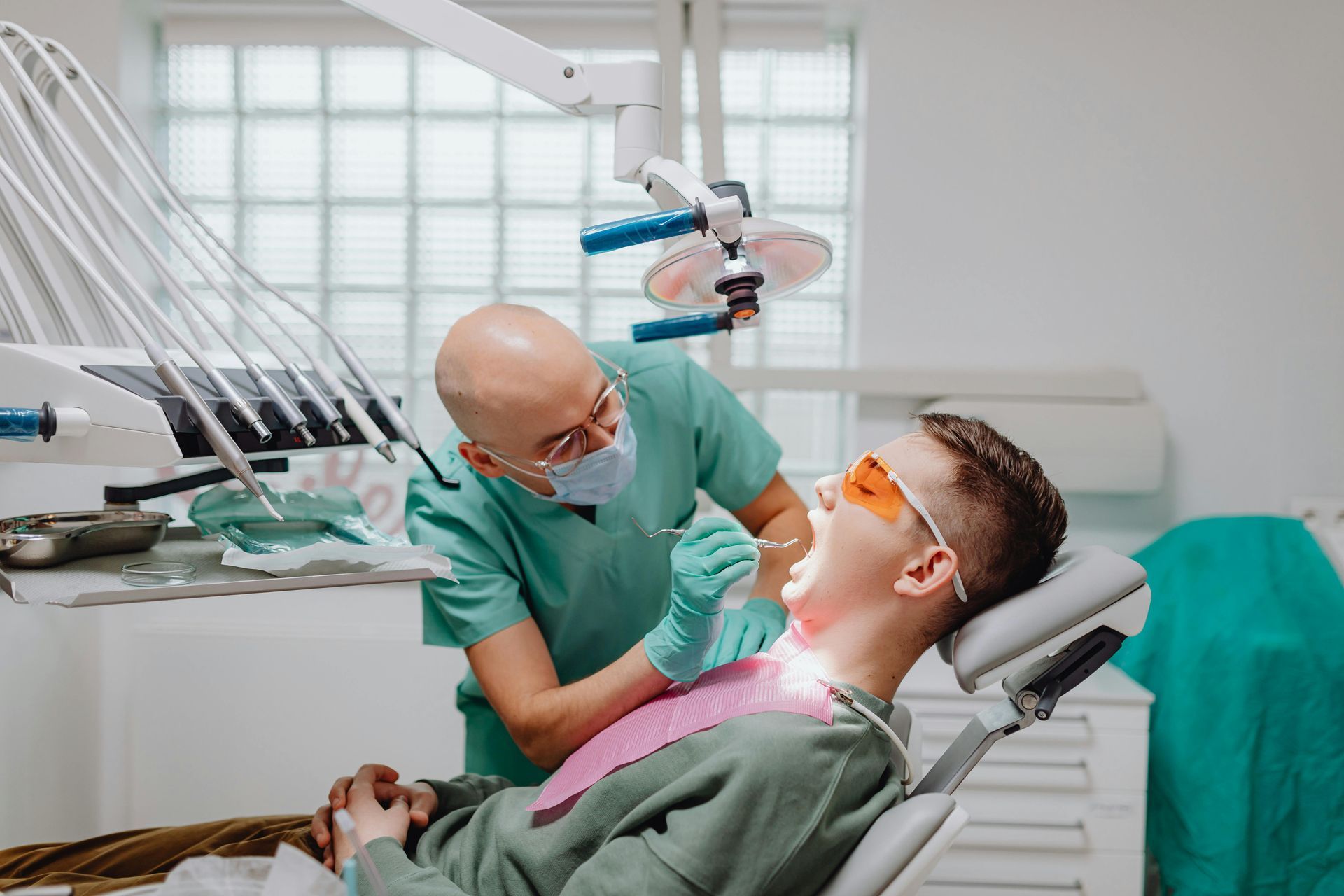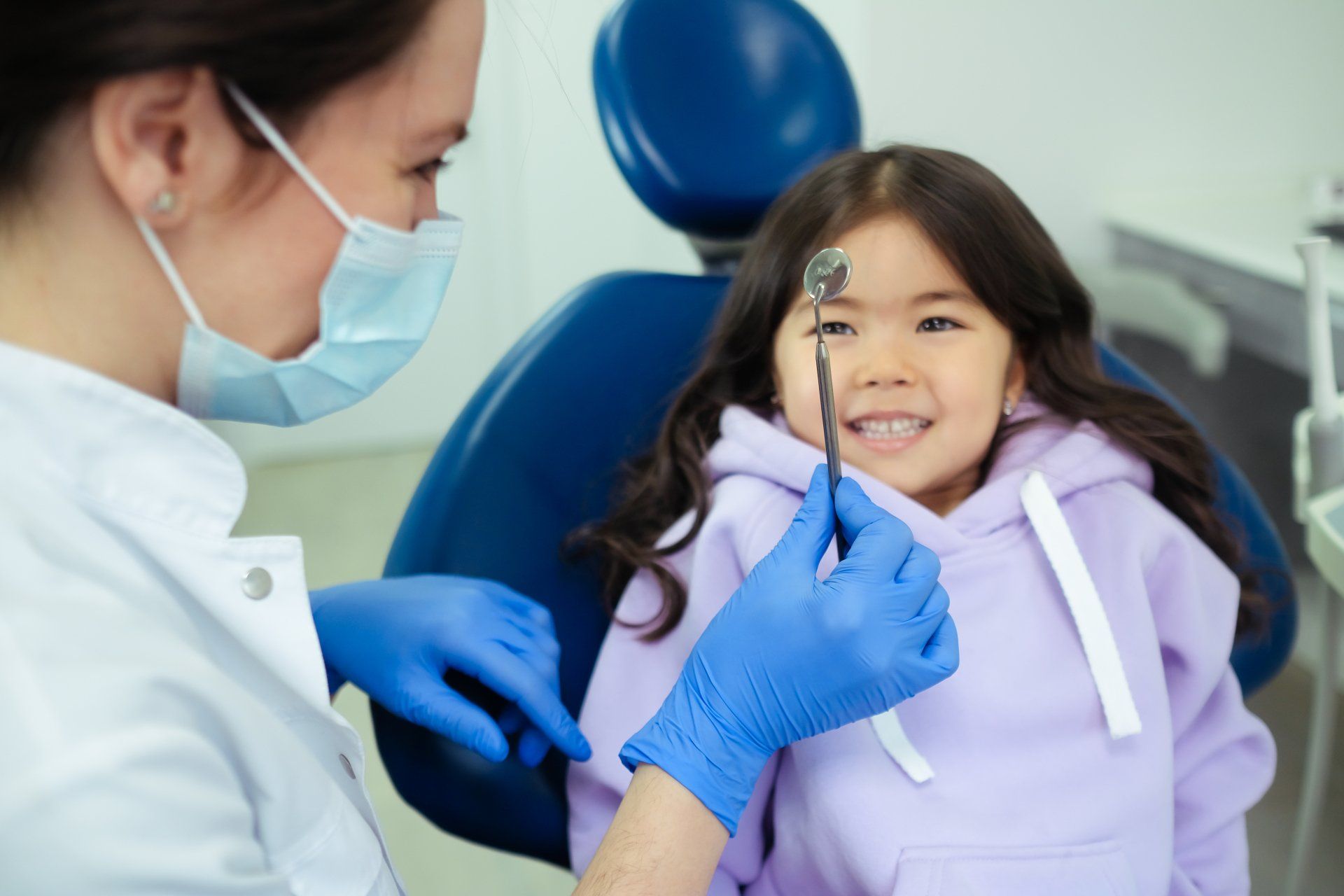Why Oral Cancer Screenings Are So Important
Why Oral Cancer Screenings Are So Important
Oral Cancer Symptoms and Why You Need Regular Screenings
Taking care of your teeth by maintaining good oral hygiene habits is not the only factor in maintaining your oral health. Regular dental checkups and oral cancer screenings are also incredibly important.
Oral cancer is a disease affecting the mouth that can lead to death, and it is on the rise across the globe. But fortunately, if caught early, oral cancer can be treated successfully, and your dentist has the expert skill and training to detect early signs of the disease.
Here’s a look at why regular oral cancer screenings are so important and why you should visit your dentist regularly—not just for dental emergencies.
Why Oral Cancer Screening Tests Are Done
Oral cancer screenings look for signs of mouth cancer and precancerous lesions that could become cancerous. These screenings are done to detect cancer early when there is a greater chance of curing the cancer and having a less invasive treatment.
What Are the Risk Factors?
The risk factors for oral cancer include:
Tobacco use, including smoking, using snuff, or chewing dip
Chewing betel quid
Regularly drinking copious amounts of alcohol
A family history of oral cancer
Spending extended amounts of time in the sun, which can cause cancer on the lips
Some types of human papillomavirus (HPV)
Being male
Being over the age of 50
A poor diet
Oral Cancer Symptoms
If you experience any of the following symptoms of oral cancer in your mouth and throat and they don’t disappear after two weeks, you should visit your dentist or doctor right away:
Red or white patches
A sore or irritation that won’t go away
Pain, numbness, or tenderness in the mouth or lips
Lump or thickening of tissue
Small eroded area
Crust or rough spot
Difficulty speaking, chewing, swallowing, or moving the tongue or jaw
Changes in how your teeth fit together when your mouth is closed
Sore throat
Hoarseness or a change in voice
A feeling of something caught in your throat
Where Can Oral Cancer Appear?
Oral cancer can appear in two areas.
The pharynx—oropharynx—the middle area of the throat that starts at the soft part of the roof of the mouth and continues back into the throat, and includes the:
Tonsils
Back section of the tongue
Base of the tongue, where the tongue attaches to the floor of the mouth
Esophagus
The oral cavity, which includes the:
Lips
Inside of the lips and cheeks
Salivary glands
Teeth
Gums
Floor of mouth
Roof of mouth
Front two-thirds of the tongue
What Happens During A Screening Test
During a dental exam, your dentist will ask if you have any changes to your medical history and if you have any new or unusual symptoms. And when screening for oral cancer, they will do a visual and a physical exam.
Visual Exam
Your dentist will examine your face, neck, lips, and inside your nose and oral cavity for visible signs of oral cancer, such as swelling, bumps, patches of colour, asymmetries, ulcerations, and other abnormalities.
During the visual exam, your dentist will use a light and mirror, along with a tongue depressor to hold your tongue down. And while looking in the back of your mouth, they may ask you to go “Ahh” to show areas of your throat that are difficult to see otherwise.
Your dentist may also use other tools to examine the throat, tonsils, gums, inner cheeks, roof of the mouth, and under the tongue.
Physical Exam
Your dentist will feel for lumps and abnormalities on the head, neck, cheeks, jaw, under the chin, and inside of the oral cavity. Your dentist may also ask you to swallow while examining your throat.
Oral Cancer Screening Devices
Along with a light, mirror, tongue depressor, and other typical equipment, your dentist may also use specialized examination tools during oral cancer screenings, such as:
The Oral CDx—a brush that gently and painlessly removes cells for cancer testing.
A VELscope—which uses visible blue light to identify suspicious oral tissues. With this light, healthy tissue appears dark and abnormal tissue appears white.
An Orascoptic DK—which releases a mouth rinse that is moderately acidic and helps with the visual inspection of tissues.
A specialized dye to help see signs of oral cancer—abnormal cells may take up the dye and appear blue.
A nasopharyngolaryngoscope, which is a flexible fibre optic camera that goes through the nose and down the back of the throat to examine the larynx and pharynx.
After Your Oral Cancer Screening
If your dentist notices anything that looks suspicious during your oral screening, they may ask you to return for another screening in a few weeks to see if anything has changed. And even if nothing abnormal is found, your dentist may ask you to schedule routine screenings in the future, especially if you have a higher risk of developing oral cancer.
Your dentist may also refer you for further tests or take a biopsy to determine the cause of certain symptoms, but this is not necessarily a cancer diagnosis.
Prevention
Along with taking care of your oral health with regular brushing and flossing, you can help prevent oral cancer by taking care of your overall physical health and visiting your dentist for regular checkups and screenings.
The Importance of Routine Screening
Routine screening allows for early detection of oral cancer in those who may not have any symptoms, which can result in better treatment outcomes and increased survival rates.
Early diagnosis also reduces treatment-related health problems and improves the overall quality of life since a less invasive and aggressive treatment may be used.
Oral cancer screening takes five minutes, so don’t hesitate to ask for a screening or agree to one if you dentist recommends it at your next dental appointment.
Don River Dental is a full-service family dental clinic located at 1396 Don Mills Rd (between York Mills and Lawrence, north of Shops at Don Mills). Give us a call today at 416 901 9292 or visit our HOMEPAGE to see how we can help you and your oral health.
Why Oral Cancer Screenings Are So Important. AffinityDental Blog. 2020

Persistent Toothache: When Pain Becomes Unbearable Experiencing a persistent toothache can be an alarming sign that requires immediate dental attention. Tooth pain might seem manageable at first, but when it escalates to severe toothache, it becomes unbearable and signals the need for prompt treatment. Warning Signs to Watch: Severe Pain: Pain that does not subside with over-the-counter pain relievers. Warm or Cold Sensitivity: Heightened sensitivity when eating or drinking hot or cold substances. Bad Taste: A constant bad taste in your mouth may indicate an infection. If you encounter any of these symptoms, it's vital to visit an emergency dentist. Immediate dental care helps maintain oral health and can prevent persistent dental emergencies. Thus, never underestimate the importance of promptly addressing a severe toothache. Extreme Tooth Sensitivity: Sudden or Chronic Extreme tooth sensitivity can be both sudden or chronic, causing discomfort and possibly leading to severe dental issues if not addressed promptly. Understanding the underlying causes is crucial for timely treatment. Here are key facts you should know: Common Symptoms: Sharp Tooth Pain: Often triggered by hot, cold, acidic, or sweet foods and drinks. Persistent Discomfort: Even when not eating or drinking. When to See a Dentist: Severe Pain: Signaling a possible serious dental issue. Toothache: Especially if it is frequent and intense. Loose or Broken Tooth: Emergency dental care may be necessary. Preventive measures, such as maintaining oral health with proper hygiene and avoiding overly acidic foods, can reduce the risk of sensitivity. If you're experiencing persistent sensitivity or any other dental emergencies, seek professional dental attention promptly to explore treatment options. Swollen or Bleeding Gums: A Sign of Trouble Swollen or bleeding gums can be a significant warning sign of gum disease, an oral health issue that requires prompt dental attention. Many might overlook minor bleeding during brushing, but if this symptom persists, it is essential to consult a dentist immediately. Gum disease, in its early stages, is known as gingivitis and can progress to more severe dental issues if left untreated. Here are some alarming symptoms to watch for regarding your gums: Persistent Swelling : Constant inflammation can be a precursor to severe gum disease. Frequent Bleeding : If your gums bleed regularly, even without brushing aggressively, it indicates an underlying issue. Bad Taste or Bad Breath : Persistent bad breath or a bad taste in the mouth signals bacterial accumulation, which may stem from gum disease. Immediate Measures to Take: Practice proper oral hygiene with thorough brushing and flossing. Rinse with warm water to reduce inflammation and bacteria. If you're experiencing these symptoms, it might be time to seek dental care. Early and timely treatment can prevent tooth loss, jaw pain, and more severe dental emergencies. Always prioritize oral health and consult with a dental professional to explore treatment options. Jaw Pain or Clicking: Potential TMJ Concerns Jaw pain or clicking might seem minor, but they can be potential indicators of Temporomandibular Joint (TMJ) concerns. Understanding these warning signs is crucial for maintaining your oral health. Common TMJ Symptoms: Persistent pain in the jaw area Clicking or popping noises when opening or closing the mouth Difficulty or discomfort when chewing A change in the way the upper and lower teeth fit together These symptoms warrant prompt dental attention to prevent further complications. An emergency dentist can assess the severity of these signs, providing timely treatment to relieve discomfort and prevent tooth root damage or additional dental issues. Potential Causes: Teeth Grinding - Often occurring unconsciously during sleep Arthritis - Affecting the temporomandibular joint Jaw Injury - Resulting from an accident or direct impact Maintaining good oral hygiene and regular dental care can help prevent TMJ disorders. If any of these symptoms arise, consider warm water rinses and consult a dental professional to explore treatment options. Timely treatment can mitigate severe pain and ensure better oral health. Always prioritize getting dental attention if you experience these warning signs. Loose, Cracked, or Knocked-Out Teeth: Act Quickly Loose, cracked, or knocked-out teeth are dental emergencies that demand immediate attention. Quick action can mean the difference between saving and losing a tooth. Loose Tooth in Adults: If you notice an adult tooth becoming loose, it’s a significant warning sign of potential gum disease or tooth root issues. Visit an emergency dentist without delay for prompt treatment. Cracked Tooth: A cracked or broken tooth exposes the sensitive tooth root and can lead to severe pain or even infection. Rinse your mouth with warm water, and contact your dentist immediately for dental treatment. Knocked-Out Tooth: Time is critical. If a tooth is knocked out, gently rinse it with warm water, place it back in the socket if possible, or submerge it in milk. Seek emergency dental care within an hour for the best chance of saving the tooth. Here's a quick checklist for handling these situations: Rinse gently with warm water. Recover the tooth or tooth pieces, if applicable. Seek timely treatment from an emergency dentist. These dental issues require swift action to ensure sustained oral health and effective treatment options. Never ignore the warning signs, as timely intervention is key. Dental Abscesses: The Hidden Infection A dental abscess is a serious oral issue that often lurks unnoticed until it becomes a dental emergency. It's a pocket of pus caused by a bacterial infection, typically forming inside the tooth or gums. If left untreated, it can lead to severe tooth pain and other complications. Warning Signs of a Dental Abscess: Severe Toothache: Persistent, throbbing pain that can radiate to the jaw, ear, or neck. Swelling: Noticeable swelling in the gums or face. Bad Taste: A constant foul taste or bad breath due to pus drainage. Fever and Malaise: Feeling generally unwell or feverish. Prompt dental care is crucial. Use warm water to rinse your mouth and reduce discomfort while seeking an emergency dentist for timely treatment. Ignoring warning signs can lead to more severe dental issues and possible tooth loss. Always prioritize oral hygiene to prevent such dental emergencies. Changes in Gum Color, Texture, or Shape: Periodontal Red Flags Changes in gum color, texture, or shape can be significant warning signs of gum disease and require immediate dental attention. Healthy gums should be pink, firm, and fit snugly around your teeth. Any deviations from this norm could indicate underlying dental issues. Possible Warning Signs: Red or Swollen Gums : Can indicate inflammation or infection. Bleeding Gums : Often a sign of gum disease, especially after brushing or flossing. Receding Gums : This could expose your tooth root and lead to sensitivity or even tooth loss. Soft or Tender Gums : May signal a severe stage of gum disease. Prompt treatment can prevent further complications such as tooth decay or even tooth loss. It's crucial to see an emergency dentist if these changes persist. Maintaining optimal oral hygiene and scheduling regular dental care appointments are key to preventing these periodontal issues.Act quickly if you notice any of these changes to ensure your oral health remains in optimal condition. Persistent Bad Breath or Metallic Taste: Unseen Dental Issues Experiencing persistent bad breath or a metallic taste in your mouth can be more than just a social inconvenience; these are often warning signs of underlying dental issues. A metallic taste can indicate issues such as gum disease or tooth decay. When bacteria accumulate due to poor oral hygiene, they can lead to infections, causing a sour or metallic taste. Similarly, chronic bad breath (halitosis) can suggest serious concerns like dental decay, gum disease, or even dry mouth—a condition where insufficient saliva leads to harmful bacteria growth. Check these potential signs: Persistent bad breath: Could be a sign of gum disease or tooth decay. Metallic taste: Might indicate oral infections or poor dental hygiene. Signs of dry mouth: Reduced saliva can lead to bacterial growth. In such cases, immediate dental attention is crucial. An emergency dentist can offer prompt treatment options to mitigate further damage, ensuring your oral health is restored with timely treatment. Make sure to ensure regular dental visits to address these concerns proactively and maintain optimal oral hygiene. Dry Mouth: The Silent Cavity Culprit Dry mouth, also known as xerostomia, might seem like a minor inconvenience, but it can be a silent trigger for more serious dental issues. Saliva plays a crucial role in maintaining oral health by neutralizing acids and cleaning food particles. When saliva production decreases, it increases the risk of tooth decay and gum disease. Warning Signs of Dry Mouth: Persistent thirst Trouble swallowing Bad breath Thick or stringy saliva A constant dry feeling in the mouth If you experience severe toothache or other symptoms like jaw pain or a bad taste that accompanies dry mouth, seek timely dental attention. An emergency dentist can provide prompt treatment to alleviate discomfort and prevent further dental damage. Remember, maintaining good oral hygiene and staying hydrated are essential steps in combating this silent cavity culprit. Seek dental advice if persistent issues arise, as timely treatment is crucial for minimizing long-term complications. Conclusion: Protecting Your Oral Health Through Awareness It is crucial to stay informed about the warning signs that you need to see a dentist immediately. Recognizing these signs can mean the difference between quick recovery and complicated dental issues requiring extensive treatment. Common Warning Signs: Severe Toothache Persistent Jaw Pain Bad Breath or Bad Taste Loose or Knocked-Out Tooth Severe pain from a Broken Tooth Dry Mouth Ignoring these symptoms can escalate into serious problems like tooth decay or gum disease, which might eventually lead to tooth loss or require emergency dental care. Ensuring prompt treatment for these symptoms can prevent long-term damage and more invasive dental procedures. Simple Tips for Oral Health: Maintain good oral hygiene by brushing and flossing daily. Rinse with warm water to alleviate discomfort. Schedule regular dental check-ups. Awareness is your first line of defense in protecting your oral health. By staying vigilant and seeking timely treatment, you safeguard not only your teeth but also your overall well-being. Prioritize dental care to ensure a healthy, confident smile. At Don River Dental we give you the best tips . If you are experiencing any symptoms or pain please feel free to call us at (416) 901 - 9292 and someone from our team will be happy to answer any questions and schedule an appointment as soon as possible. We offer safe soothing dentistry in North York.











